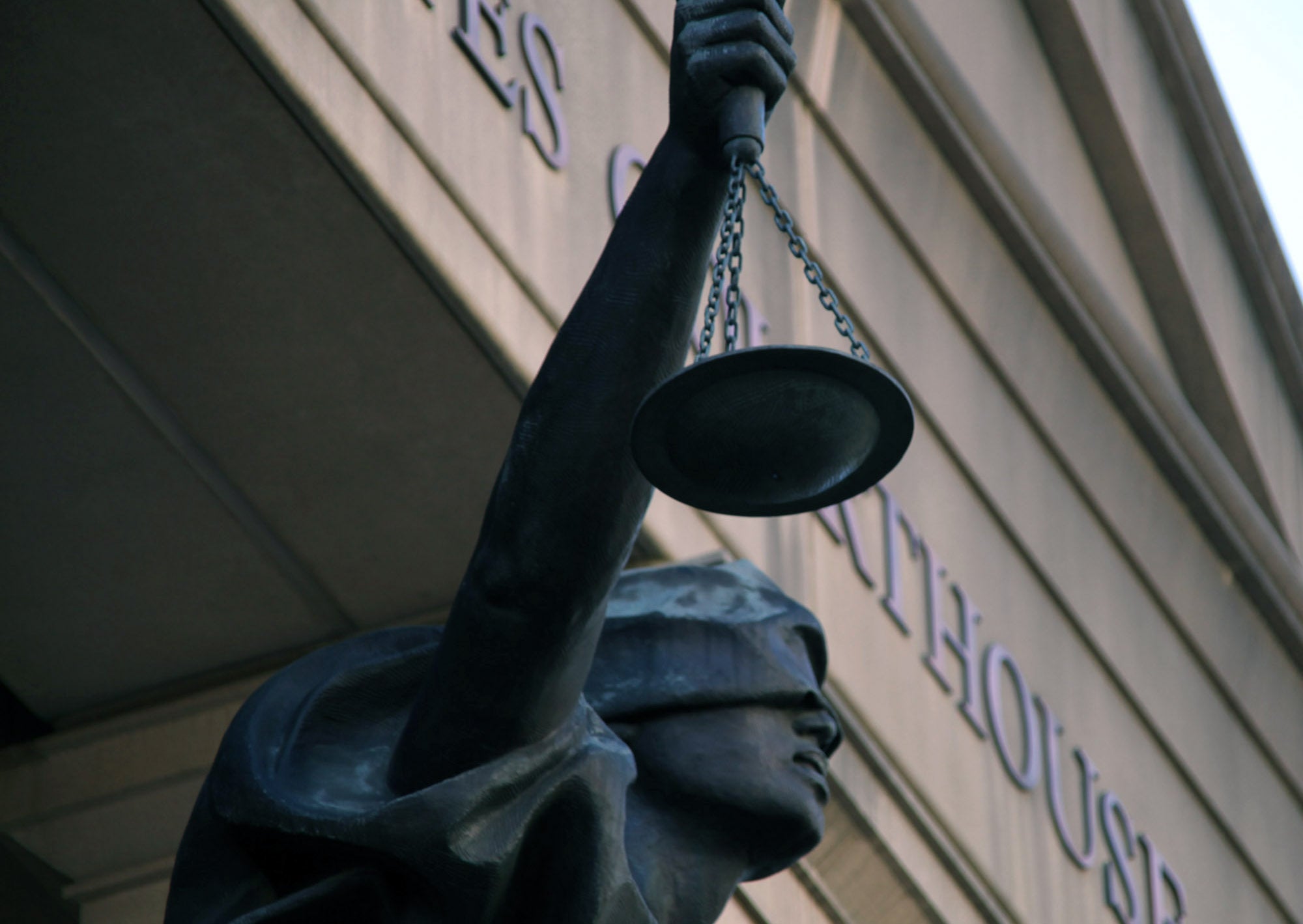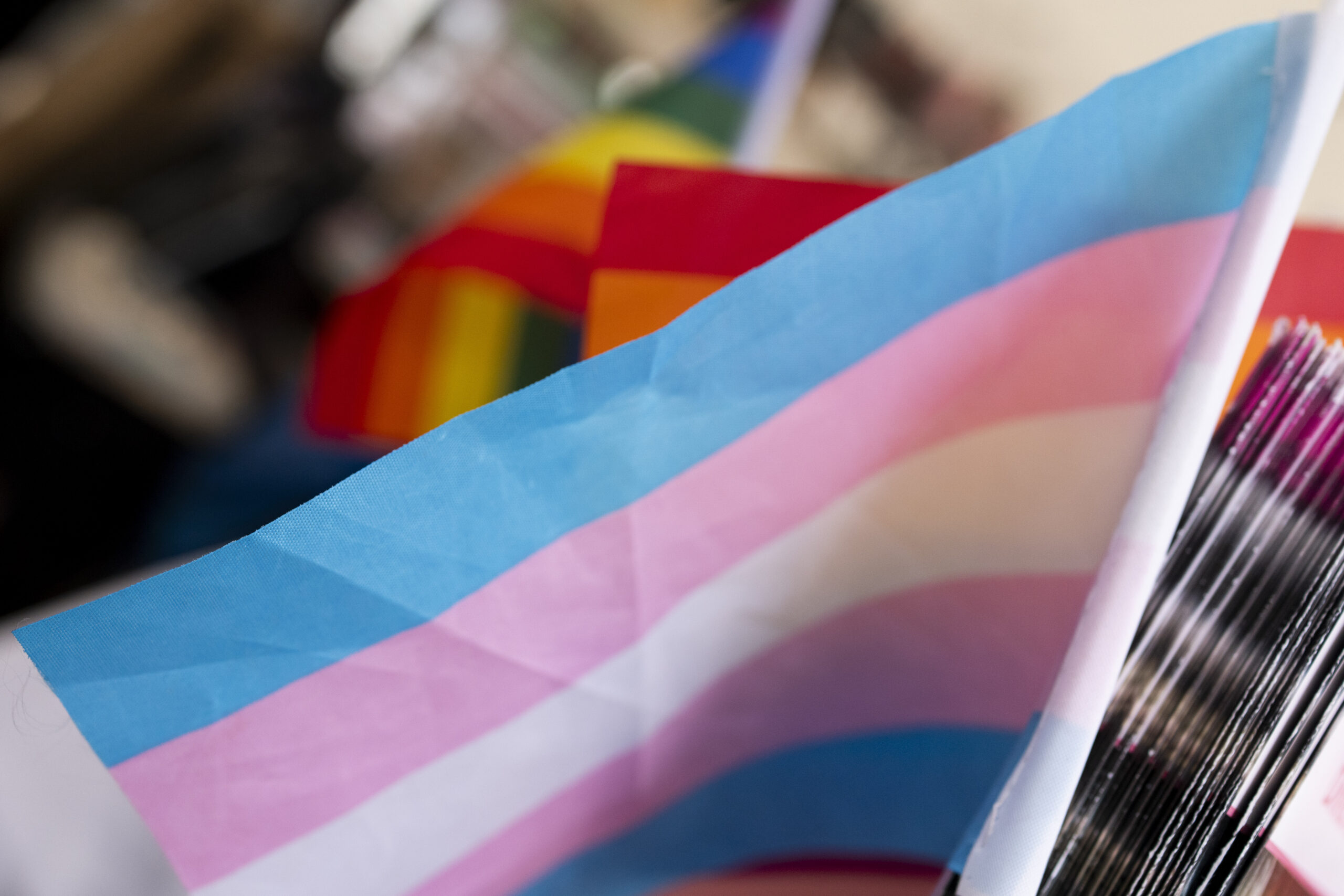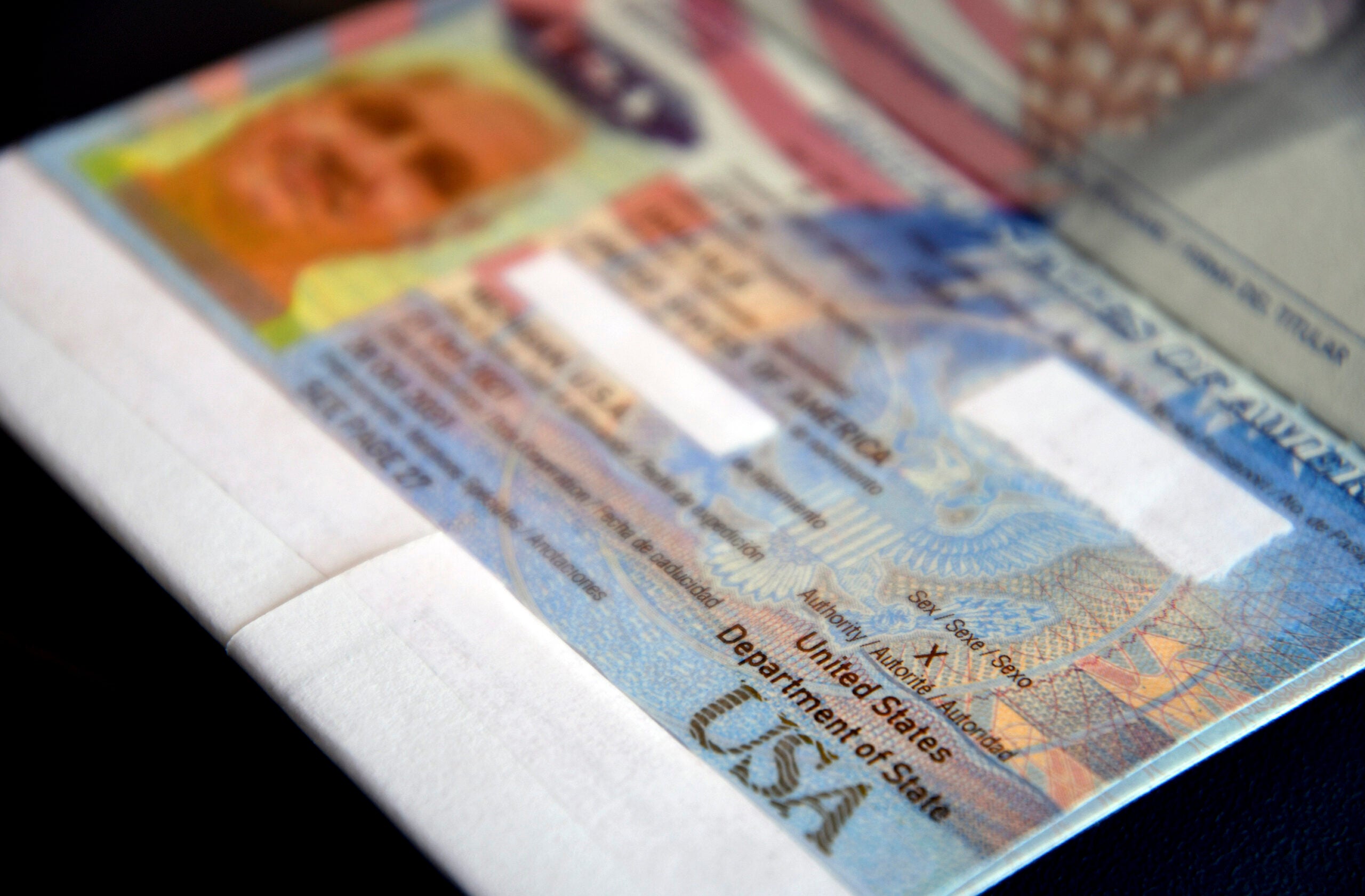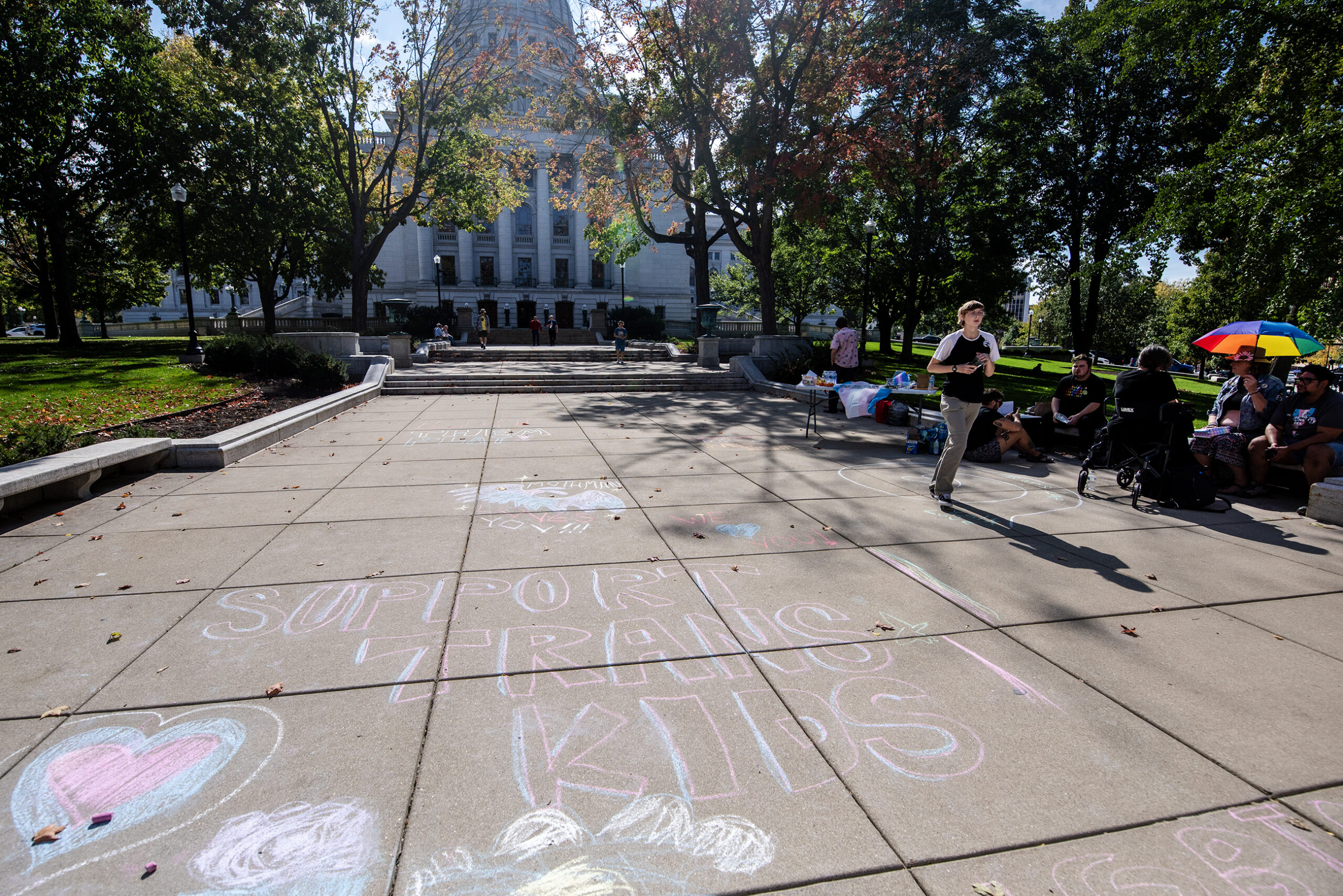Two transgender Wisconsin state employees will receive $780,000 after previously being denied healthcare coverage for treatments such as sex reassignment surgery and hormone therapy.
The American Civil Liberties Union says this is one of the first times a jury has awarded damages to transgender people denied healthcare in the United States.
“It’s incredibly gratifying,” said Larry Dupuis, legal director for the ACLU of Wisconsin. “It sort of reaffirms my faith in our system of justice and the wisdom of juries in seeing the humanity of our clients and the suffering they went through and acting accordingly.”
News with a little more humanity
WPR’s “Wisconsin Today” newsletter keeps you connected to the state you love without feeling overwhelmed. No paywall. No agenda. No corporate filter.
Alina Boyden and Dr. Shannon Andrews filed a suit against the state of Wisconsin in April 2017 with help from Dupuis’s legal team and other groups.
Boyden is a doctoral candidate at the University of Wisconsin-Madison and Andrews is an associate researcher at the University of Wisconsin Carbone Cancer Center. Both are transgender women. They alleged a rule barring coverage for transition-related care on state insurance plans was discriminatory.
Boyden tried to see an endocrinologist in 2015, but was turned away. “They told me, ‘We don’t treat transgenders here. Go someplace else,’” she said.
She made a vow. “I’m not going to let any other trans employees in the state go through this ever again.”
Last month, federal judge William Conley said what happened to them was sex discrimination, and that the Group Insurance Board must cover hormone therapy and sex reassignment surgery for transgender state workers. The Insurance Board repealed the exclusion in August and said it would offer coverage effective January 2019, but it had gone back and forth in the past. The ACLU hailed the judge’s ruling as a step toward cementing coverage for transgender residents.
On Oct. 9, the case moved to a jury trial to determine the compensatory damages appropriate given Conley’s ruling. Both Boyden and Andrews gave personal testimony.
Andrews discussed growing up without any transgender role models.
“There were no trans people who were publicly out. There were no trans characters on TV who were not villains or monsters or victims. There were no trans people in the news who were presented as the sort of people you could aspire to be like or look up to,” she said. “So for most of my life I felt like a solitary freak. In fact, up until I was in my teenage years in high school I thought I was the only person who was like me.”
These experiences came back in codified, adult form, she said, when the state refused to cover medically necessary treatments.
“You’re put through some of these same things,” Andrews said. “The state or others in positions of authority will say, ‘Your identity is not real. You can’t possibly be suffering. The suffering that we put you through wasn’t really that serious.’”
Both Andrews and Boyden pointed to the state’s treatment of the case as another example of this discriminatory treatment.
“For me, the most traumatic part of the experience was actually watching Shannon’s cross-examination because of how unbelievably transphobic and disgusting the state attorney was during that process,” said Boyden. She and Andrews said the attorneys asked detailed, personal questions about Andrews’s body before and after surgery. Andrews said she found these questions “inappropriate.”
Rebecca Ballweg, a spokesperson for the state Department of Justice, wrote in an email: “DOJ stands by its handling of this difficult case. The damages trial required questioning about the requests the plaintiffs had made to have the costs of specific surgeries reimbursed. Like a personal injury trial, that required plaintiffs to discuss details of their medical condition and procedures.”
Despite the difficult testimony, the jury ultimately sided with Andrews and Boyden, and awarded them hundreds of thousands in compensatory damages.
To Boyden, the jury’s decision says something important.
“We had eight average Wisconsinites on the jury,” said Boyden. “And when they listened to our story and heard what had happened to us they compensated us fairly. And I think that that’s really the important message for me is that when the average person hears what transgender people are going through, they take our side.”
“It’s been a tremendous relief,” said Andrews. “When I was waiting for the verdict to come back I aged 10 years, and to have it come back and be so positive, it kind of had this note of unexpected grace to it.”
Editor’s note: This story was updated at 4:45 p.m. with additional reporting by Phoebe Petrovic
Wisconsin Public Radio, © Copyright 2026, Board of Regents of the University of Wisconsin System and Wisconsin Educational Communications Board.







